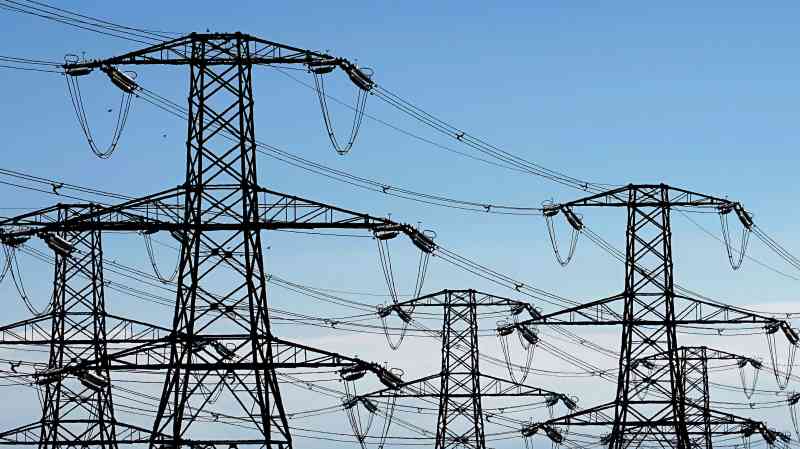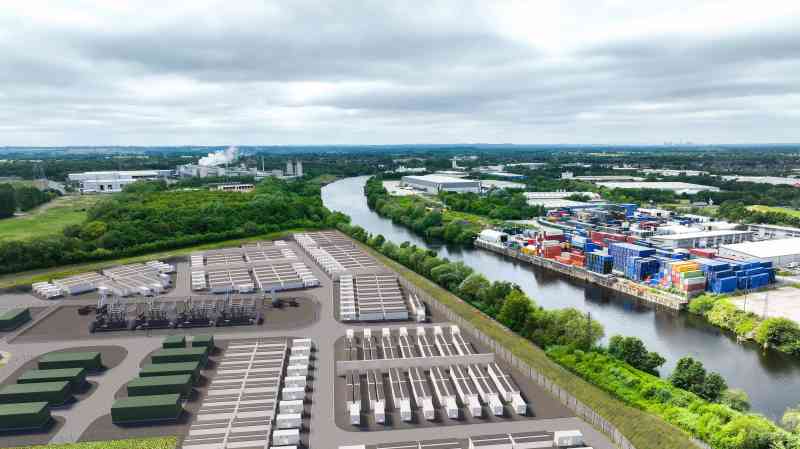Households face £5 rise in energy bills to help out industry
Households face paying up to £5 a year extra on their energy bills to fund discounts for heavy industry.
The government has announced new measures designed to boost the competitiveness of 300 big companies including steel, metals, chemicals and paper manufacturers by exempting them from paying levies to fund several green energy and energy security schemes.
These exemptions will be funded by households and other businesses paying a greater share of the schemes’ costs under proposals due to be consulted on in the spring and implemented from early 2024.
A government spokeswoman confirmed: “Costs will be redistributed to electricity billpayers,” and said that by 2025-26, once all the measures had been implemented: “This package will add between 6p to 10p per week to the average household bill.” She said it was expected to increase by £1 per megawatt-hour the electricity costs for other businesses that were not exempt.
The government argues that “as wholesale prices are projected to fall steadily over the next two years, this very small rise will be outstripped by the overall drop in bills” and that “the cost of not acting is far greater” because of the importance of heavy industry to the economy.
It said that the businesses that would benefit from the “British industry supercharger” together employed 400,000 people and accounted for about 28 per cent of total UK exports in 2019.
The plans are designed “to ensure the energy costs for key UK industries are in line with other major economies around the world, levelling the playing field for British companies across Europe”.
The targeted firms will be exempt from paying “certain costs arising” from renewable energy obligations such as the feed-in tariff, contracts for difference and the renewables obligation schemes, all of which provide subsidies for renewable and low-carbon power projects. They will also be exempt from costs related to the capacity market, a scheme that pays conventional power plants subsidies to remain open as backup for renewables.
The government said the proposals would also explore reductions on network charges, paid to cover the upkeep of Britain’s power-cabling networks.
Kemi Badenoch, the business and trade secretary, said: “This is carefully crafted support that will mean strategically important UK industries like steel and chemicals remain competitive on the world stage. We will back these businesses to keep on growing our economy and delivering high-quality jobs and investment into the UK, as well as the products we rely on for our everyday lives and work.”
Gareth Stace, director-general of UK Steel, said: “UK industrial electricity prices have been uncompetitive for many years and today the government took a great step towards levelling the playing field for the steel industry.”






